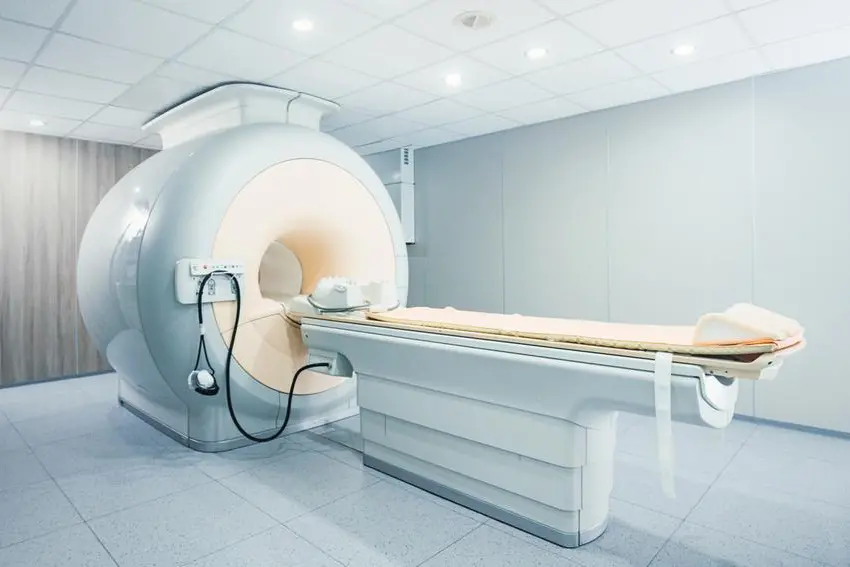PHOTO
Waiting times for cancer patients to start treatment increased across the UK over the past 12 years, with a dramatic rise after the Covid-19 pandemic, latest analysis of health service data showed Friday.
While cancer wait times have been "broadly stable" in the last two years, there has been a general upward trend since 2012, with a sharp rise in 2022 after the pandemic, according to the Office of National Statistics (ONS).
Nearly half of all cancer patients in Wales and a third in England had to wait longer than the recommended 62-day standard time between the disease being detected and the start of treatment in the second quarter of 2024.
In Northern Ireland, the figure was as high as 66 percent in the latest available data from the third quarter of 2023.
Scotland, where healthcare is devolved to the Scottish government, had the lowest rate among UK nations with just below 30 percent of patients waiting longer than 62 days.
Even so, the proportion of patients waiting had increased from 5.2 percent in 2012.
Britain's National Health Service (NHS) is struggling to clear a backlog built up during the pandemic and worsened by staff shortages and strikes over pay.
- 'Key issue' -
Several studies show that delays in cancer diagnosis and treatment can worsen survival outcomes.
Earlier this year, the European Society for Medical Oncology (ESMO) released a statement on the importance of minimising delays in cancer care.
Two studies led by University College London (UCL) from February looking at four countries showed that UK patients faced the longest wait times for cancer treatment, above Australia, Canada and Norway.
Earlier this week, experts wrote in the Lancet Oncology journal that cancer waiting lists in the UK are "still the worst they have ever been" and that a new cancer plan should be a "key priority" for the new Labour government, which took power in July.
In the article, academics warned that there are "over one in three people waiting more than 62 days for their vital cancer treatment, meaning that there is an increased risk of dying unnecessarily of this disease".
The new government ordered an independent review into the state of the NHS last month, with health minister Wes Streeting acknowledging that the service was "broken".
Polls showed that the NHS was a top priority for voters at last month's election, with the ousted Conservatives widely blamed for letting the service deteriorate during their 14-year tenure.





















